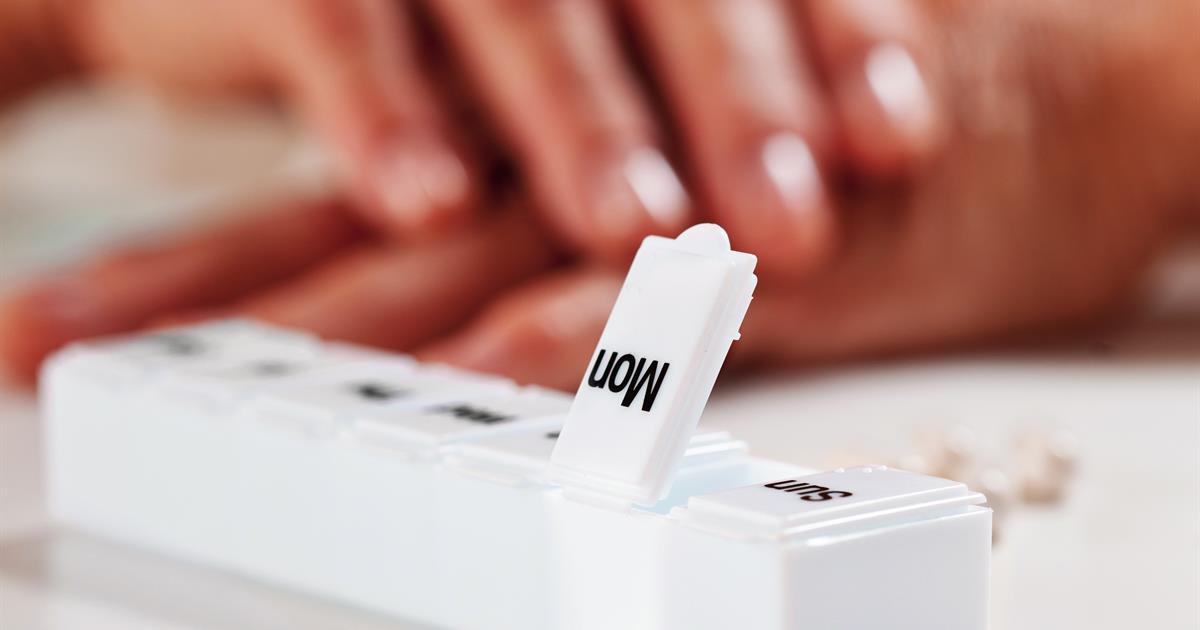Strategies For Treating Pericarditis
Pain Relief Medication

Pain relief medication is necessary in nearly all cases of pericarditis. For mild cases, ibuprofen and other over-the-counter anti-inflammatory medications may be effective. Most doctors recommend patients take six to eight hundred milligrams of ibuprofen up to three times a day. The ibuprofen should be taken in this way for two weeks, and patients may then discontinue it if their pain has resolved. For moderate to severe pain, prescription pain relievers, including narcotic medications, may be needed. Cardiologists often advise patients to take colchicine with ibuprofen. Colchicine is an anti-inflammatory that can reduce the duration of pericarditis, and it may also lower a patient's risk of developing a future episode of the condition. Patients with kidney disease or liver problems should not take colchicine, and they may be prescribed an alternate medication. While taking pain relievers, patients should always report any new pain to their physicians, and they may wish to keep a symptom diary to share at their medical appointments.
Get the details on more ways to treat pericarditis now.